The Importance of Skin Whitening
Skin whitening, also known as skin lightening or skin brightening, is a popular skincare practice aimed at achieving a more even skin tone and reducing the appearance of dark spots, blemishes, and hyperpigmentation. It is a process that involves using products or treatments to reduce the concentration of melanin, the pigment responsible for skin color. The pursuit of skin whitening is driven by various factors, including cultural preferences, aesthetic goals, and the desire to address specific skin concerns. Many individuals seek skin whitening solutions to combat issues such as sun damage, acne scars, and uneven skin tone. The overall goal is to achieve a brighter, more radiant complexion and enhance overall skin health. It’s important to approach skin whitening with realistic expectations and to prioritize the health and safety of your skin throughout the process. Always consult with a dermatologist or skincare professional to determine the best approach for your specific skin type and concerns.
Understanding Skin Whitening
Understanding the science behind skin whitening is essential for making informed decisions about your skincare routine. Skin whitening works by targeting melanin production, the natural pigment that gives skin its color. Melanin is produced by specialized cells called melanocytes, and its production can be influenced by various factors, including genetics, sun exposure, and hormonal changes. Skin whitening products and treatments typically aim to reduce melanin production, either by inhibiting the enzyme tyrosinase, which is essential for melanin synthesis, or by promoting the shedding of melanin-rich skin cells. Different ingredients and techniques have varying mechanisms of action. Some ingredients, like hydroquinone, act as potent tyrosinase inhibitors, while others, like vitamin C and niacinamide, offer antioxidant and skin-brightening benefits. Chemical peels and laser treatments accelerate the shedding of pigmented cells. Consulting with a dermatologist can provide you with a thorough understanding of the best strategies, which is crucial for achieving desired results while safeguarding skin health.
How Does Skin Whitening Work
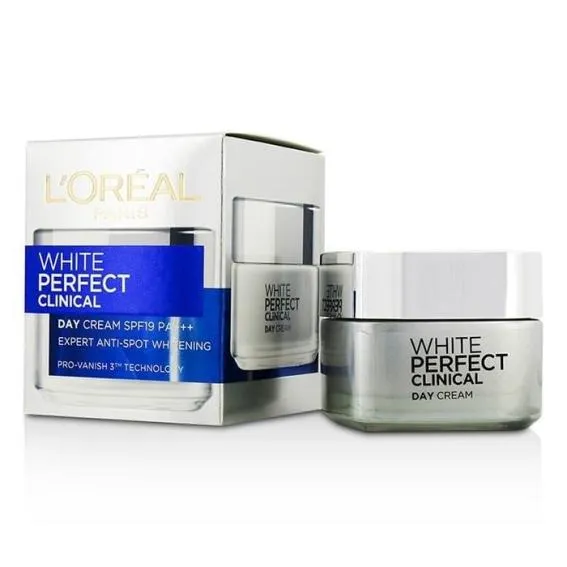
Skin whitening methods can range from over-the-counter products to professional treatments. Over-the-counter products often contain ingredients like vitamin C, kojic acid, and niacinamide. These ingredients help to brighten the skin and even out skin tone. Vitamin C is a powerful antioxidant that protects against free radical damage and promotes collagen production, resulting in a more radiant complexion. Kojic acid inhibits tyrosinase and helps to reduce melanin production, while niacinamide reduces inflammation and improves skin barrier function. Professional treatments include chemical peels, laser therapy, and microdermabrasion. Chemical peels use chemical solutions to exfoliate the skin, removing the top layers and revealing new, brighter skin. Laser therapy targets melanin-producing cells, reducing pigmentation and improving skin tone. Microdermabrasion exfoliates the skin using a stream of microcrystals, promoting cell turnover and improving skin texture. Choosing the right approach depends on individual skin type, concerns, and desired results. A dermatologist can help determine the most effective and safe option.
Loreal Skin Whitening Top 5 Tips
Achieving brighter skin with Loreal products requires a strategic approach. Loreal offers a range of products designed to address various skin concerns, including uneven skin tone and dark spots. This guide provides you with 5 key tips to help you maximize the effectiveness of Loreal skin whitening products and achieve a radiant complexion. From choosing the right products to establishing a consistent skincare routine, incorporating these tips into your daily regimen can significantly improve your results. Remember, consistency and patience are key. Pair these tips with a healthy lifestyle and sun protection, and you’ll be well on your way to brighter, more even-toned skin. Remember to consult with a dermatologist to tailor your regimen to your unique skin type and concerns.
Tip 1 Choose the Right Loreal Products
Selecting the appropriate Loreal products is the first and arguably most important step in your skin whitening journey. Loreal offers various lines, each formulated to address specific skin concerns and types. Begin by identifying your skin type whether it is oily, dry, combination, or sensitive. Look for products specifically designed for your skin type. Then, consider your specific skin concerns, such as dark spots, uneven skin tone, or dullness. Products containing ingredients like vitamin C, niacinamide, and glycolic acid are often beneficial for brightening and evening out skin tone. For example, the Loreal White Perfect Clinical series often includes products designed to target dark spots and brighten the complexion. When choosing products, always read the labels and ingredient lists carefully. Avoid products with ingredients you may be allergic to. Introduce new products gradually to monitor your skin’s reaction. Consider consulting a dermatologist or skincare specialist to get personalized product recommendations.
Understanding Skin Types and Products
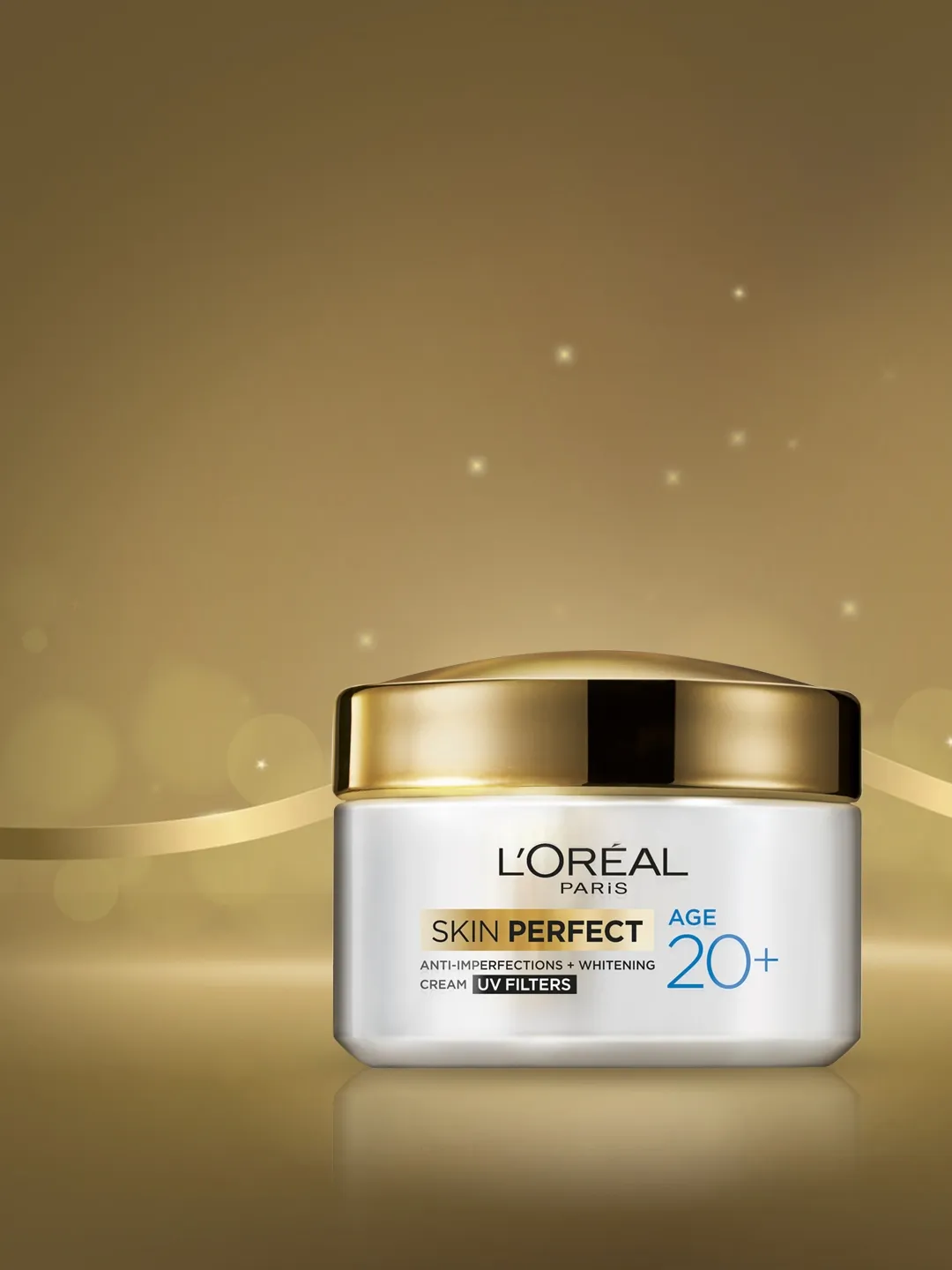
Understanding your skin type is crucial for selecting the right Loreal products and achieving effective skin whitening. There are several main skin types, each with its own characteristics and needs. Oily skin often produces excess sebum, leading to shine and potential breakouts; this type may benefit from oil-free, lightweight products. Dry skin lacks moisture and may feel tight or flaky. It requires hydrating and nourishing products. Combination skin features both oily and dry areas, typically with an oily T-zone (forehead, nose, and chin) and drier cheeks. Sensitive skin is prone to irritation and redness, necessitating gentle, fragrance-free products. Loreal offers formulations that cater to each of these skin types. For oily skin, look for products with salicylic acid or other gentle exfoliants to control oil. Dry skin requires products with hydrating ingredients, like hyaluronic acid or ceramides. Combination skin needs a balanced approach, with lightweight hydration for the oily areas and richer moisturizers for the dry areas. Sensitive skin should use products that are hypoallergenic and free of harsh chemicals.
Key Ingredients to Look For
When choosing Loreal products for skin whitening, pay close attention to the active ingredients. Several key ingredients are known for their skin-brightening and lightening properties. Vitamin C is a powerful antioxidant that brightens the skin, reduces the appearance of dark spots, and protects against environmental damage. Niacinamide, a form of vitamin B3, helps to even skin tone, reduce inflammation, and improve skin barrier function. Glycolic acid is an alpha-hydroxy acid (AHA) that exfoliates the skin, promoting cell turnover and revealing brighter, smoother skin. Hydroquinone is a potent ingredient that inhibits melanin production, often used in prescription-strength products to treat hyperpigmentation. However, its use requires careful consideration and consultation with a dermatologist. Other ingredients to look for include kojic acid and arbutin, which also work to reduce melanin production. When selecting products, review the ingredient list and consider the concentration of these active ingredients. It is also helpful to patch test new products to ensure they are well-tolerated by your skin.
Tip 2 Establish a Consistent Skincare Routine
Consistency is key to achieving effective skin whitening results. Establishing a consistent skincare routine is essential for maximizing the benefits of your Loreal products and achieving a brighter complexion. A well-structured routine ensures that your skin receives the necessary ingredients and care to address pigmentation issues and improve overall skin health. Your daily routine should include cleansing, treating, moisturizing, and protecting. Cleansing removes impurities and prepares the skin for treatment products. Applying serums or targeted treatments with active ingredients helps to address specific concerns. Moisturizing hydrates the skin and supports the skin barrier, and sun protection shields the skin from damaging UV rays. Consistency involves sticking to your routine twice daily — morning and evening — and incorporating products as directed. This consistency will yield the best results and lead to a more radiant and even skin tone over time. Make your routine a non-negotiable part of your daily schedule for optimal results.
The Importance of Daily Skincare
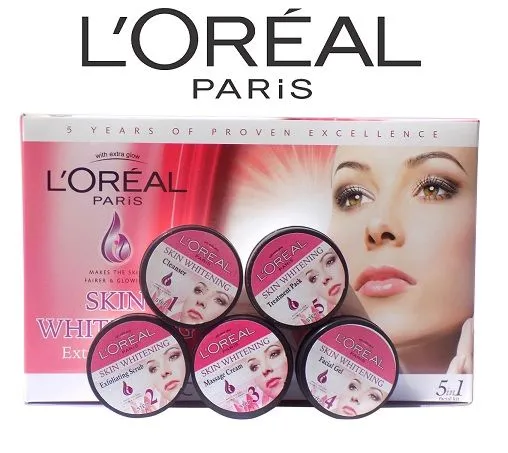
Daily skincare is fundamental to achieving and maintaining a brighter, more even skin tone. Consistent daily skincare helps to keep your skin clean, hydrated, and protected from environmental stressors. A well-rounded skincare routine not only aids in skin whitening but also promotes overall skin health and resilience. Regular cleansing removes dirt, oil, and impurities that can clog pores and lead to breakouts. Moisturizing hydrates the skin, preventing dryness and supporting the skin’s natural barrier function. Applying sun protection daily is non-negotiable as UV radiation contributes significantly to pigmentation and premature aging. Consistent skincare allows for the effective delivery of active ingredients from skin whitening products, enhancing their efficacy. By integrating a daily skincare routine into your life, you create a foundation for skin health, and support the skin whitening process, leading to a more radiant and youthful complexion.
Morning and Evening Routine
Structuring your skincare routine in both the morning and evening maximizes effectiveness. In the morning, start with a gentle cleanser to remove any overnight buildup. Follow with a skin whitening serum, such as a vitamin C serum, to provide antioxidant protection and brighten your skin. Apply a moisturizer suitable for your skin type. Finish with a broad-spectrum sunscreen with an SPF of 30 or higher to protect your skin from UV damage, preventing further pigmentation and damage. In the evening, begin with cleansing again to remove makeup, dirt, and pollutants from the day. Follow with a skin whitening serum or treatment product containing ingredients like niacinamide or retinol. Apply a nourishing moisturizer to hydrate your skin overnight, allowing the active ingredients to work while you sleep. Consider incorporating a weekly exfoliation step to remove dead skin cells and promote cell turnover. Adjust your routines based on your skin’s response to products, and be mindful of any irritation. Consistency in both the morning and evening routines is essential for achieving and maintaining skin whitening results.
Tip 3 Exfoliate Regularly
Regular exfoliation is a critical element of a successful skin whitening routine. Exfoliation removes dead skin cells, allowing skin whitening products to penetrate more effectively, and promoting cell turnover. This process reveals fresh, brighter skin underneath, enhancing the overall effect of whitening treatments. Exfoliation can be achieved through physical or chemical methods. Physical exfoliation involves using scrubs or exfoliating tools to manually remove dead skin cells. Chemical exfoliation uses acids, such as AHAs (glycolic acid, lactic acid) or BHAs (salicylic acid), to dissolve dead skin cells and stimulate skin renewal. The right method depends on skin type and sensitivity. Regular exfoliation helps to improve skin texture, reduce the appearance of dark spots and uneven skin tone, and enhance the absorption of skin whitening products. However, over-exfoliating can lead to irritation and damage, so it is important to find the right balance for your skin.
Benefits of Exfoliation

Exfoliation provides several benefits that contribute to brighter, more radiant skin. One primary benefit is the removal of dead skin cells from the skin’s surface. Dead skin cells can make the skin appear dull and contribute to clogged pores. Exfoliation removes these cells, revealing a smoother, brighter complexion. Exfoliation promotes cell turnover, encouraging the production of new skin cells, leading to a more youthful appearance. It also enhances the absorption of skincare products by removing the barrier of dead cells, allowing active ingredients from Loreal skin whitening products to penetrate more effectively. Moreover, regular exfoliation can help to unclog pores, reducing breakouts and improving skin texture. The process can also reduce the appearance of fine lines, wrinkles, and dark spots by promoting cell regeneration and even skin tone. Exfoliation is a key step in achieving the desired skin whitening results and maintaining overall skin health.
Exfoliation Techniques
Several techniques are used for exfoliation, each with its advantages and considerations. Physical exfoliation involves using scrubs containing small granules or using exfoliating tools such as cleansing brushes or washcloths. Physical exfoliation is suitable for all skin types but should be done gently to avoid irritation. Chemical exfoliation uses acids that dissolve dead skin cells. AHAs, such as glycolic and lactic acid, are water-soluble and great for treating surface-level concerns and brightening. BHAs, such as salicylic acid, are oil-soluble and can penetrate pores to clear oil and debris. Chemical exfoliation should be done with care, especially for sensitive skin, and the use of sun protection is essential afterwards. Microdermabrasion is a professional exfoliation treatment that uses a device to spray microcrystals onto the skin, removing dead cells. The best technique for you depends on your skin type and specific needs. Start slowly, and adjust the frequency of exfoliation based on your skin’s response. Avoid over-exfoliating as it can damage the skin barrier.
Tip 4 Protect Your Skin from the Sun
Sun protection is essential for skin whitening and maintaining a healthy complexion. UV radiation from the sun can exacerbate hyperpigmentation and counteract the effects of skin whitening treatments. Sun exposure stimulates melanin production, which can lead to dark spots, uneven skin tone, and premature aging. By consistently protecting your skin from the sun, you prevent further damage and support the efficacy of your skin whitening efforts. Sunscreen should be an integral part of your daily skincare routine, applied every morning and reapplied throughout the day, especially if you are spending time outdoors. Choose a broad-spectrum sunscreen that protects against both UVA and UVB rays with an SPF of 30 or higher. Wearing protective clothing, such as hats and sunglasses, can provide additional protection. Avoid peak sun hours (10 am to 4 pm) when UV radiation is strongest. Prioritizing sun protection will greatly contribute to achieving and maintaining brighter, more even-toned skin.
Why Sun Protection is Essential
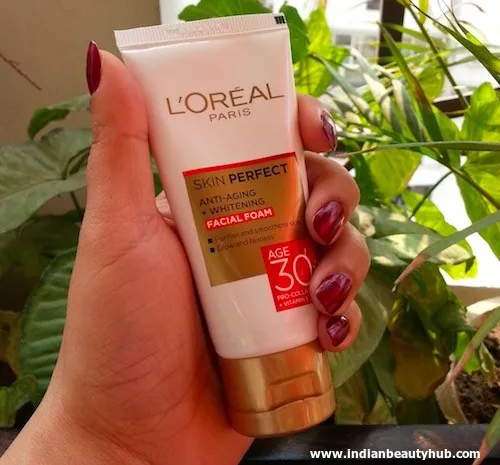
Sun protection is essential for multiple reasons related to skin health, especially when pursuing skin whitening. UV rays accelerate the production of melanin, causing existing dark spots to darken and new ones to form. This process undermines the goals of skin whitening treatments, which aim to reduce melanin. Prolonged sun exposure damages the skin’s collagen and elastin, leading to premature aging, wrinkles, and a loss of skin elasticity. Protecting your skin from the sun helps to maintain the results of skin whitening treatments, keeping the skin tone even and radiant. Sunscreen also shields your skin from sun-induced inflammation, preventing further damage. Consistent sun protection also reduces the risk of skin cancer. Therefore, wearing sunscreen daily is a non-negotiable part of any skin whitening routine. It safeguards your efforts and protects your skin’s overall health.
Choosing the Right Sunscreen
Choosing the right sunscreen is crucial for effective sun protection. Select a broad-spectrum sunscreen that shields against both UVA and UVB rays. UVA rays contribute to aging, while UVB rays are the primary cause of sunburn. Look for a sun protection factor (SPF) of 30 or higher. The SPF number indicates how long the sunscreen protects against UVB rays. The higher the SPF, the longer the protection lasts. Choose a sunscreen that is water-resistant if you plan to be swimming or sweating. Consider your skin type and any specific sensitivities you might have when selecting a sunscreen. For sensitive skin, opt for mineral-based sunscreens containing zinc oxide or titanium dioxide. Apply sunscreen liberally and evenly to all exposed skin areas 15 to 20 minutes before sun exposure. Reapply sunscreen every two hours, or more frequently if you are swimming or sweating. Sunscreen should be used year-round, even on cloudy days, to ensure continuous protection and maintain the benefits of your skin whitening efforts.
Tip 5 Maintain a Healthy Lifestyle
Maintaining a healthy lifestyle is a key factor for achieving and sustaining skin whitening results. Your overall health significantly impacts your skin, and incorporating healthy habits can enhance the effectiveness of your skincare routine. A balanced diet plays a vital role in providing your skin with essential nutrients. Consume a variety of fruits and vegetables rich in vitamins, antioxidants, and minerals to support skin health. Stay well-hydrated by drinking plenty of water throughout the day. Proper hydration helps to keep your skin moisturized, improving its elasticity and radiance. Getting enough sleep allows your skin to repair and regenerate itself. Aim for 7–9 hours of quality sleep each night. Manage stress levels through techniques like meditation or exercise. Excessive stress can lead to skin inflammation and exacerbate skin conditions. Limit alcohol and avoid smoking, as these habits can damage your skin. A holistic approach that includes a healthy lifestyle will improve the effectiveness of your Loreal skin whitening products and enhance your overall results.
The Role of Diet and Hydration
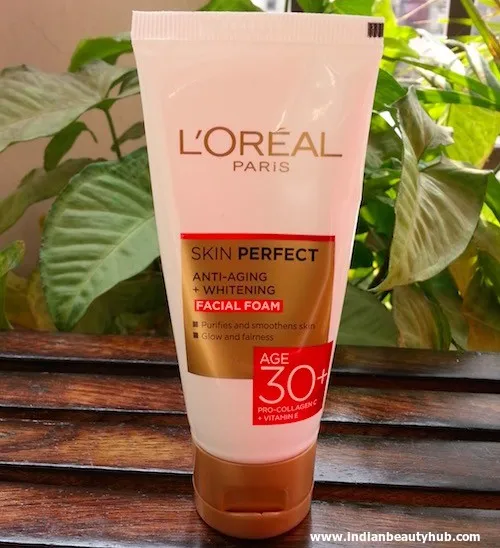
Diet and hydration are crucial for supporting healthy skin and enhancing skin whitening efforts. A diet rich in vitamins, antioxidants, and essential nutrients provides the building blocks for healthy skin cells and protects against damage from free radicals. Incorporate fruits and vegetables, particularly those rich in vitamin C, vitamin E, and beta-carotene, which have skin-brightening and protective properties. Consume healthy fats from sources like avocados, nuts, and seeds to keep your skin moisturized and supple. Avoid processed foods, sugary drinks, and excessive amounts of saturated fats, which can contribute to inflammation and negatively impact skin health. Adequate hydration is also essential. Drink plenty of water throughout the day to keep your skin hydrated from the inside out, enhancing skin elasticity and radiance. Proper hydration helps flush out toxins and supports the effectiveness of your skin whitening products. By focusing on a balanced diet and adequate hydration, you support your skin’s natural functions, increasing the efficacy of your skincare regimen and promoting a brighter, more even complexion.
Lifestyle Factors Affecting Skin Whitening
Several lifestyle factors can significantly affect skin whitening results. Stress, lack of sleep, smoking, and excessive alcohol consumption can negatively impact skin health, potentially hindering the effectiveness of your skin whitening efforts. Stress can trigger the release of cortisol, which can lead to inflammation and exacerbate skin conditions. Lack of sleep can disrupt the skin’s repair and regeneration processes, impacting overall skin health. Smoking and excessive alcohol consumption can damage the skin, leading to premature aging and dullness. In addition, certain medical conditions and medications can impact skin pigmentation. Managing stress through relaxation techniques like yoga or meditation, prioritizing sleep, and avoiding harmful substances are essential for maximizing the benefits of your skin whitening products. Regular exercise promotes healthy blood circulation, which nourishes skin cells and supports a brighter complexion. By addressing these lifestyle factors, you create an optimal environment for effective skin whitening, allowing you to achieve and maintain a more radiant and even skin tone.
Conclusion
Achieving brighter, more even-toned skin with Loreal products is possible with the right approach. By following the tips outlined in this guide, you can effectively maximize the benefits of Loreal skin whitening products. Remember to choose the right products based on your skin type and concerns, establish a consistent skincare routine, exfoliate regularly, protect your skin from the sun, and maintain a healthy lifestyle. Consistency and patience are key to achieving the desired results. Combining these strategies will help you achieve a radiant and healthy complexion, leading to a more confident you. Always consult with a dermatologist or skincare professional for personalized advice and recommendations tailored to your specific needs and skin concerns. With dedication and the right approach, you can achieve your skin whitening goals and enjoy a brighter, more luminous complexion.
